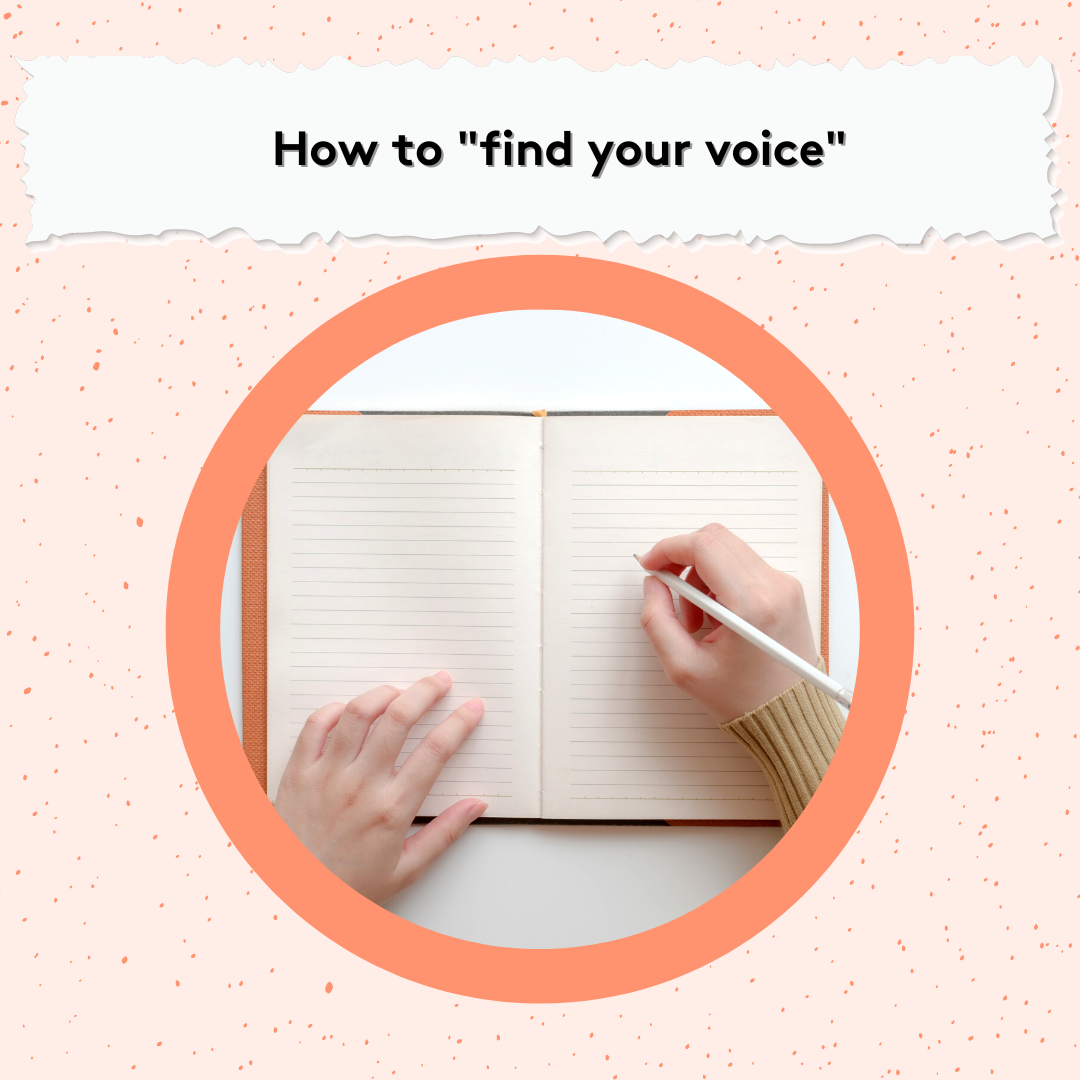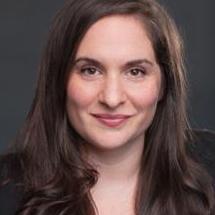 You will often hear writers talk about “finding their voice.” It sounds like a simple task, but honing one’s voice can take years of practice, study, and trial and error. When you are putting together your applications for college or graduate school, you are likely facing a fast-approaching deadline—so time is a luxury you don’t have.
You will often hear writers talk about “finding their voice.” It sounds like a simple task, but honing one’s voice can take years of practice, study, and trial and error. When you are putting together your applications for college or graduate school, you are likely facing a fast-approaching deadline—so time is a luxury you don’t have.
In my years of creative and communications writing, I have developed some practices that have become second nature in all of my work. Here are a few of the most useful habits I have developed to engage an audience with a persuasive voice.
Find your story
Decision-makers want to know who you are, how your experiences have shaped you, and how you plan to apply what you’ve learned to your academic career and future endeavors. That doesn’t mean you need to write about surviving a catastrophe or winning a Nobel Prize to have an impactful story. Think about specific moments in your life that have a “before” and “after” resonance. Are there events that signify a shift in your thinking, growth, or maturity? These moments of significant change are a great place to start.
If you have an epiphany story that is relevant, by all means craft your essay around that, but your anecdote does not have to include a “Eureka!" moment. In most cases, it is only in hindsight that we recognize our most significant moments. Those stories are always effective and persuasive, and they often highlight your ability to be insightful and self-reflective.
Make a list
Sometimes our personal stories are obvious; sometimes they require a little digging. If nothing springs to mind immediately, make a list of five to ten noteworthy moments or events that might serve as a source of inspiration. As you make your list, keep the following things in mind:
1. The more specific the better.
If you can pinpoint a day, or even a moment that things changed for you, it makes your story more compelling. For example: “The first time I saw the footage of the iconic protester in Tiananmen Square, I was struck to the core by his bravery and tenacity. It changed the way I saw the fight for human rights, and it was the first step on my road to becoming an international human rights lawyer.”
2. Avoid milestones that are too familiar.
High school graduation is a big moment for everyone, so measuring your “before” and “after” in relationship to it will not make you stand out as an applicant. Not everyone has a story of surviving cancer or meeting a Supreme Court Justice, so don’t feel pressure to come up with something historic. (If you do have a story of surviving cancer, definitely consider writing about that!) Think about small, subtle moments that had an outsized impact on you. For example: “As a camp counselor, I had to apply many band-aids and wipe away a lot of tears. Each time those small gestures made a five-year-old smile, a spark was lit inside me, and I knew I had found my calling to be a pediatrician.”
3. Talk it out.
Parents, siblings, aunts and uncles, grandparents, friends, mentors, and teachers can all be valuable sources of memories and reflection. Take some time to connect with these people about moments that they consider significant in your life. You might be surprised by how much they have observed about how and when you’ve changed.
Use your muscles
Writing a first draft by hand is a great way to start a personal statement. Not only does writing by hand slow down your thought process, encourage more detail, and provide a permanent record of your first ideas, it visually embodies your specific identity. Unlike the uniformity of a computer screen, writing something by hand gives you an immediate visual reflection of your inner life. This will subconsciously help you to refine your voice! In fact, studies have shown that writing by hand encourages greater use of the right hemisphere of your brain, leading to a more creative process and better recall of details from the past. Bonus: you will also be far less likely to be distracted by social media, incoming news, or other digital tasks if you write by hand.
Of course, you will eventually have to transfer what you have written to the computer, but that brings the other bonus to writing a first draft by hand—a built-in second draft! When you transfer the written document to a digital document, you will find yourself engaged in your first round of editing.
Avoid clichés
“The grass is always greener.” “It’s always darkest before the dawn.” “It was a whole different ball game.” These time-worn expressions pepper our conversations and thought processes throughout the day, but should be avoided when crafting an essay meant to reflect individuality. They may serve as placeholders in your early drafts, but when you are revising and refining, try to think of ways around them. This applies to familiar phrases and descriptions as well. Avoid describing yourself as “goal-oriented,” or someone who “thinks outside the box.” Decision-makers have read thousands of statements making these claims, so ground your attributes in examples and original language.
Revisit, rewrite, revise
I’ve already mentioned that you will go through several drafts of your statement before it is ready, but this point bears repeating: you should not expect to write a personal essay in one sitting. Even if you are relying on a story that you have told a million times to appreciative dinner party guests, writing it down is going to be a very different challenge. Do not feel discouraged or frustrated if you find yourself writing and rewriting sentences over and over—it is the main work of writing. Give yourself a lot of lead time to write your statement so that you have opportunities to put it away for a few days at a time and revisit it with fresh eyes.
One of the strengths you bring to the application process is your individuality. No one else has your life experience, world view, or personal reasons for wanting to pursue your education, and that is an advantage. Figuring out how to maximize that advantage in your personal essay comes down to exploring which anecdotes best convey the story you want to tell—and that is how you will refine your voice.
Cambridge Coaching admissions coaches, like Alix, take a holistic, comprehensive approach to the college process. Well before you’ve even contemplated your college essay, they're thinking about the steps you can take so that you have the most fulfilling high school career possible. Our ideal time to link students with coaches is in the freshman or sophomore year of high school, though we are happy to help you whenever you are in the process. Whether this means pairing a student who is struggling with physics with an MIT Ph.D. who loves physics more than anything, or sitting down with families to discuss summer plans, we mentor our students through every stage of the process. Our coaches know what it takes to get into the best colleges in America because they’ve all done it. More importantly, they know what it takes to make high school interesting and rewarding, so that your essays, when you get there, will reflect the integrity of your efforts - and the breadth of your dreams.
Applying to college this year? Take a look at some of our previous blog posts below!
Cracking the College Admissions Process, Part I: The Search and the Setup
Have You Finished Your College Application Essay? (Part One)
Top 5 pitfalls to avoid when writing the supplemental “Why College X?” essay


Comments